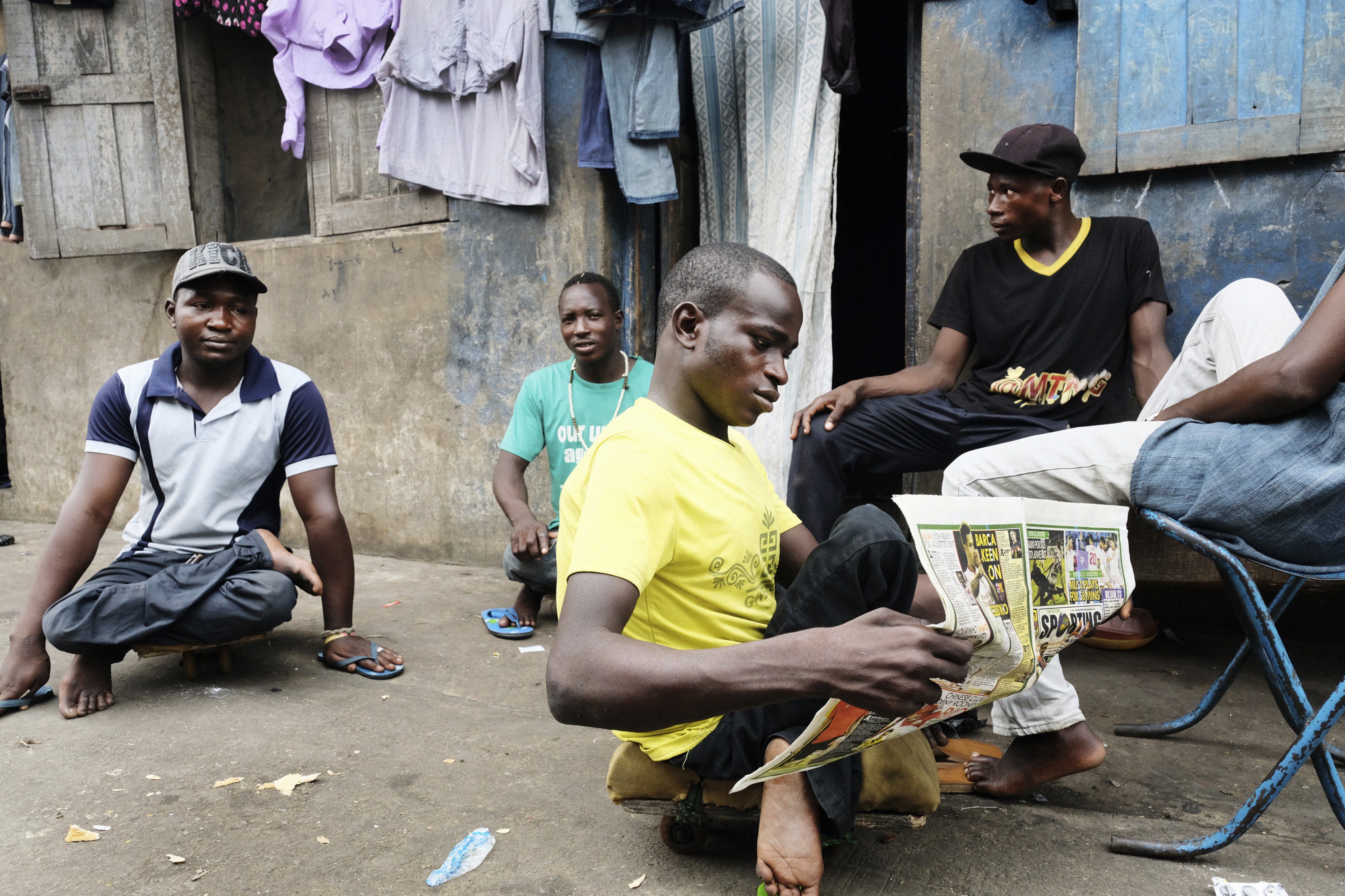This article was first published in The Vanguard Newspaper, Nigeria by Writing Fellow, Muneer Yaqub.
The Rwandan government recently commissioned eleven disabled-friendly buses to ease transportation for People with Disabilities (PWDs). In contrast, it is already nine months since the Nigerian government signed the 2018 Disability Bill into law, having lingered on the floor of the National Assembly for more than 18 years. But there are still no signs the bill would be implemented anytime soon and many PWDs in Nigeria are neglected to lead painful lives in harsh conditions. Federal and state governments should learn from Rwanda and begin the implementation of the 2018 Disability Act, which discourages any discrimination against PWDs.
Meanwhile, President Muhammadu Buhari only signed the 2018 Disability Act into law almost a year after it had already passed through the National Assembly, which was also interestingly, a few weeks before the 2019 general elections. This raised questions on whether the President deliberately delayed his imprimatur for political gains towards the election or not. But that aside, a respected Nigerian newspaper recently published a special report which highlights the challenges faced by physically challenged lawyers in Lagos State, due to the state’s failure to implement the 2011 Lagos Special People’s Law.
Whereas, among the key provisions of the law is the redesigning of public and private buildings for better accessibility to PWDs within five years. But there are barely such compliant structures anywhere in the state while many courtrooms remain inaccessible to PWDs, including lawyers. This is the situation for PWDs across the country.
Interestingly though, Lagos State is the only Nigerian state—out of 36 states and the Federal Capital Territory—with a law that specifically protects people with disabilities, which was already in existence before the National Assembly passed its own Disability Act. So it deserves a little credit. However, Nigeria is notorious for formulating laws without recourse for implementation.
In 2015, for instance, former President, Goodluck Jonathan signed the HIV/AIDS Anti-Discrimination Bill into law to prohibit discrimination against persons living with the HIV virus. Section 21 of the Act specifically mandates every workplace to comply with general anti-discrimination policies. This law is virtually inactive and the apathy prompted a civil group to sue the Federal Government for non-implementation of the HIV/AIDS Anti-Discriminatory Act. We cannot do the same with the Disability Act.
This act has come a long way to pass through the National Assembly and deserves great attention. The country should be attentive to the conditions of all its peoples. PWDs are humans too, and they have the right to live conveniently like others. All reported cases of discrimination against them should be duly prosecuted and proper implementation of all related laws should follow.
Activists should also continue to push for the implementation of the 2018 Disability Act as the government cannot be trusted to prioritize public welfare without civil pressure. Civilians should equally comply with the provisions of the act by not discriminating against PWDs in any manner. The life of every Nigeria should be important.
Muneer Yaqub is a Writing Fellow at African Liberty.


